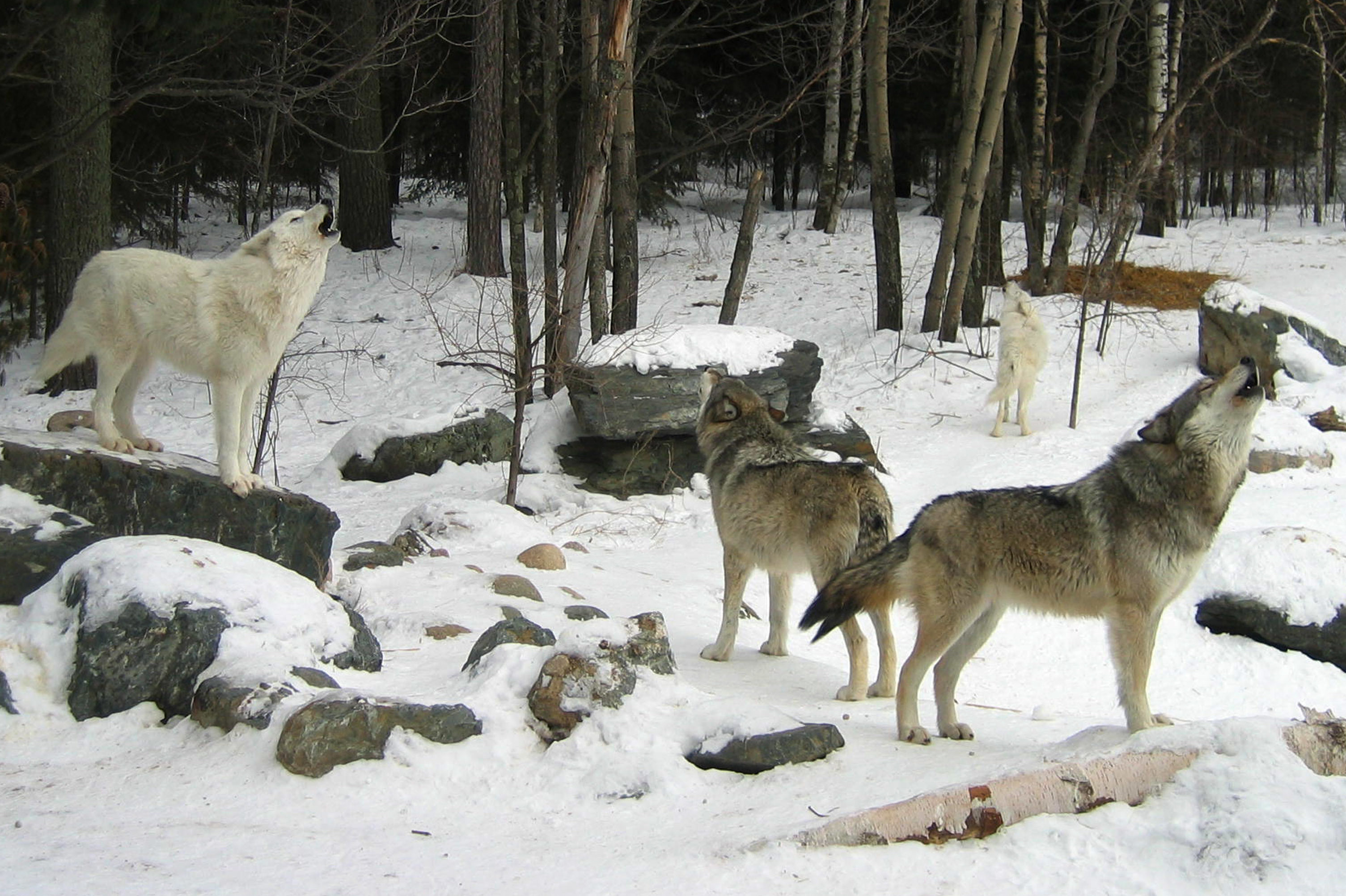
Get ready for howls over one more 2020 election issue.
On Tuesday, supporters of an initiative to reintroduces wolves in Western Colorado submitted about 211,000 signatures to the Colorado Secretary of State's Office. The total far surpasses the 124,632 valid signatures needed to reach the ballot.
That means Colorado likely will be the first state where voters decide whether to bring back not just wolves, but any endangered species. It would also throw a heated debate over wildlife management and democracy into an already contentious election year.
“The political pressures on the game management agencies are not going to move on wolf reintroduction without help from the vast majority of Colorado citizens," said Rob Edward, president of Rocky Mountain Wolf Action Fund, the lead organization behind the initiative. “We are breaking the stranglehold of a particular political reality so we can get on with something that's ecology important and wildly popular.”
If passed, the initiative would instruct Colorado Parks and Wildlife to develop a plan to restore grey wolves to Western Colorado by 2023. It would also require state compensation for any livestock lost to wolves.
Supporters see Colorado as a lynchpin for North American wolf reintroduction efforts. The predators have returned to all other Rocky Mountain states. Once re-established in Colorado, a breeding wolf population could stretch from the Arctic into Mexico.
At the news conference announcing the signatures, Dr. Joanna Lambert, a professor of environmental studies and evolutionary ecology at the University of Colorado, said an interconnected population could restore balance across North American ecosystems.
"This unprecedented initiative is a way for Colorado voters to say loudly and clearly how much we love our public lands," she said. "Democracy and good science can be used to restore ecological integrity to our wild and beloved landscapes."
Opponents, however, have organized to defeat the initiative.
The Stop the Wolf Coalition, a collection of ranchers, farmers and sportsmen, claims Colorado's dense and growing population makes it a poor destination for wolves. If they are reintroduced, the group predicts immediate conflicts over pets and wildlife.
Sportsmen groups see it as a threat to the deer and elk herds hunters rely on to fill their freezers each fall. Rocky Mountain Elk Foundation spokesman Mark Holyoak said the approach is a direct affront on experts tasked with managing those populations.
"Ballot box biology is a little dangerous," he said. "To take this type of approach is a reckless and a really big gamble as far as what the impacts would be."
Proponents face further opposition from local officials. Eleven western Colorado counties have vowed to fight any effort to reintroduce wolves in the state.
The Colorado Secretary of State now has 30 days to decide whether the petitions contain enough valid signatures to earn a place on the ballot. Once that happens, officials will also assign a new number to the statutory measure, which is, for now, called Initiative 107.
Whatever title they decide, expect to see it all over mailers and TV commercials in the coming election year.









